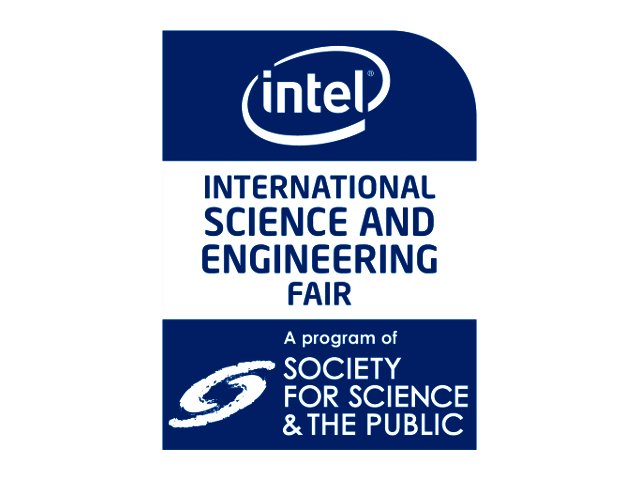PREVIOUS ARTICLENEXT ARTICLE
NEWS

SA students excel at Intel science fair
By Johan Keyter 17 May 2011 | Categories: news
After the recent news of a young South African student becoming one of the semi-finalists in the Google Science Fair, it seems that even more academic achievements are pouring in from students across the country.
Danielle Boer (17), a matric pupil from St. Dominic’s Academy in Newcastle, was awarded a special award in the sociology subcategory of the Intel International Science and Engineering Fair (ISEF), with a project that investigated how playing music could lead to increased productivity in factories. She also walked away with a scholarship worth more than R420 000.
Another South African learner, Alessio Giuricich (16) from Bishops Diocesan College in Cape Town, received R 7 000 in prize money for winning the special award in the Behavioural Sciences subcategory with a project that studied sugar dependence among adolescents. He went on to win second place of R10 500 in the Intel Grand Awards the very next day.
Boer and Giuricich were among nine South Africans who travelled to ISEF in Los Angeles to compete with more than 1 500 young scientists from around the world. In all, more than 400 finalists received awards and prizes for their work.
“This global competition features youth trying to solve the world’s most pressing challenges through science, and we’re very proud of the South African learners who excelled in the international stage of the competition, especially in the Behavioural Sciences category,” said Parthy Chetty, head of corporate affairs at Intel South Africa.
The two first prize winners hailed from California and received $75 000 along with the Gordon E. Moore Award, in honour of the Intel co-founder and retired chairman and CEO, for developing a potentially more effective and less expensive cancer treatment that places tin metal near a tumor before radiation therapy.
Intel has been committed to the International Science and Engineering Fair for the past 15 years because it believes that fostering a passion for math and science in today’s youth is imperative for the global economy and the future of innovation.
Another South African learner, Alessio Giuricich (16) from Bishops Diocesan College in Cape Town, received R 7 000 in prize money for winning the special award in the Behavioural Sciences subcategory with a project that studied sugar dependence among adolescents. He went on to win second place of R10 500 in the Intel Grand Awards the very next day.
Boer and Giuricich were among nine South Africans who travelled to ISEF in Los Angeles to compete with more than 1 500 young scientists from around the world. In all, more than 400 finalists received awards and prizes for their work.
“This global competition features youth trying to solve the world’s most pressing challenges through science, and we’re very proud of the South African learners who excelled in the international stage of the competition, especially in the Behavioural Sciences category,” said Parthy Chetty, head of corporate affairs at Intel South Africa.
The two first prize winners hailed from California and received $75 000 along with the Gordon E. Moore Award, in honour of the Intel co-founder and retired chairman and CEO, for developing a potentially more effective and less expensive cancer treatment that places tin metal near a tumor before radiation therapy.
Intel has been committed to the International Science and Engineering Fair for the past 15 years because it believes that fostering a passion for math and science in today’s youth is imperative for the global economy and the future of innovation.
USER COMMENTS
Most Read Articles
Read

Magazine Online
TechSmart.co.za is South Africa's leading magazine for tech product reviews, tech news, videos, tech specs and gadgets.
Start reading now >
Download latest issue
Have Your Say
What new tech or developments are you most anticipating this year?
New smartphone announcements (45 votes)
Technological breakthroughs (29 votes)
Launch of new consoles, or notebooks (14 votes)
Innovative Artificial Intelligence solutions (29 votes)
Biotechnology or medical advancements (24 votes)
Better business applications (160 votes)



